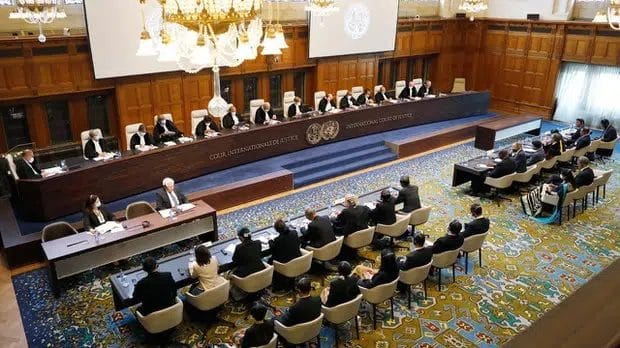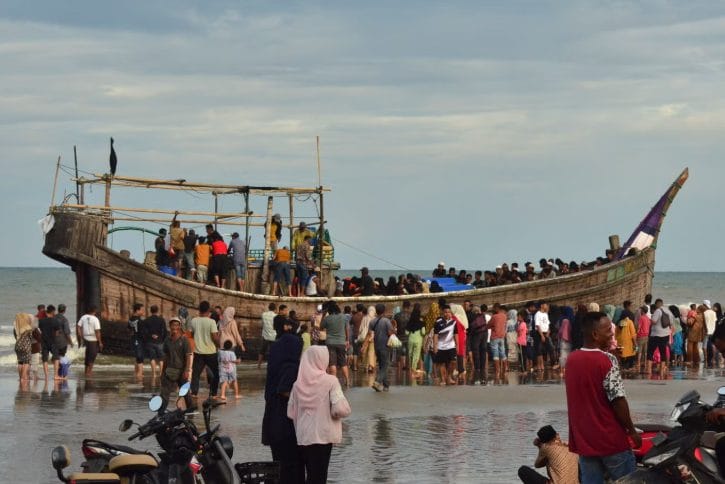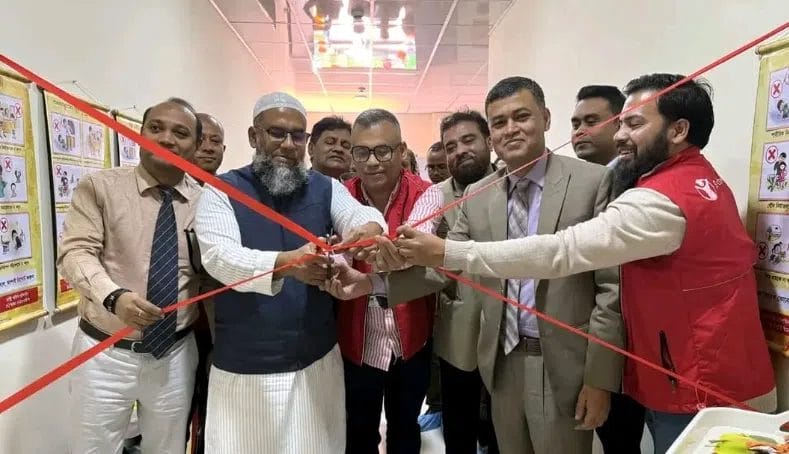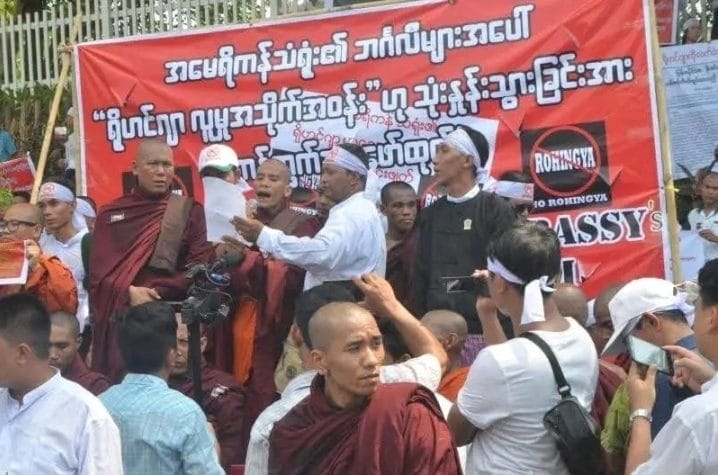ِArakan News Agency
The Indian supreme court is inspecting, on Thursday, a number of petitions concerning Rohingya, especially their legal status, deportation, and living conditions.
A special panel will be looking at 22 petitions basically about whether Rohingya have the right to be called refugees, and what is the type of protections or rights they should have then, Verdictom reported.
The court will be also seeing if Rohingyas’ deportation procedures are justified, in case they are identified as illegal intruders not refugees, and in this case can they be imprisoned for unlimited periods or do they should be released on bail while committing to court’s conditions.
Other petitions tackle if Rohingya living in refugee camps were provided with basic services including sanitation, health services, education and other necessities according to article 21 of the Indian constitution.
India has recently been forcibly pushing Rohingya refugees across the border into Bangladesh, in a campaign targeting local Bangladeshis and Indians. It has also restricted their access to housing and services and detained them for indefinite periods. India recently forcibly deported dozens of Rohingya to Myanmar by throwing them into international waters.
India is not a signatory to the 1951 Refugee Convention or its 1967 Protocol, and it treats the Rohingya in the country as illegal immigrants, arresting and deporting them, even those registered with the UNHCR.
More than a million Rohingya have fled Rakhine State in western Myanmar in recent years after the Myanmar military launched a genocidal campaign against them in 2017. The separatist Arakan Army launched a military campaign to seize control of the state in November 2023, also targeting them with violence, displacement, and forced conscription. Most of them live in overcrowded camps in Bangladesh, while others seek to move to other countries in search of better living conditions.

















